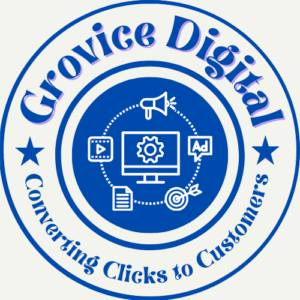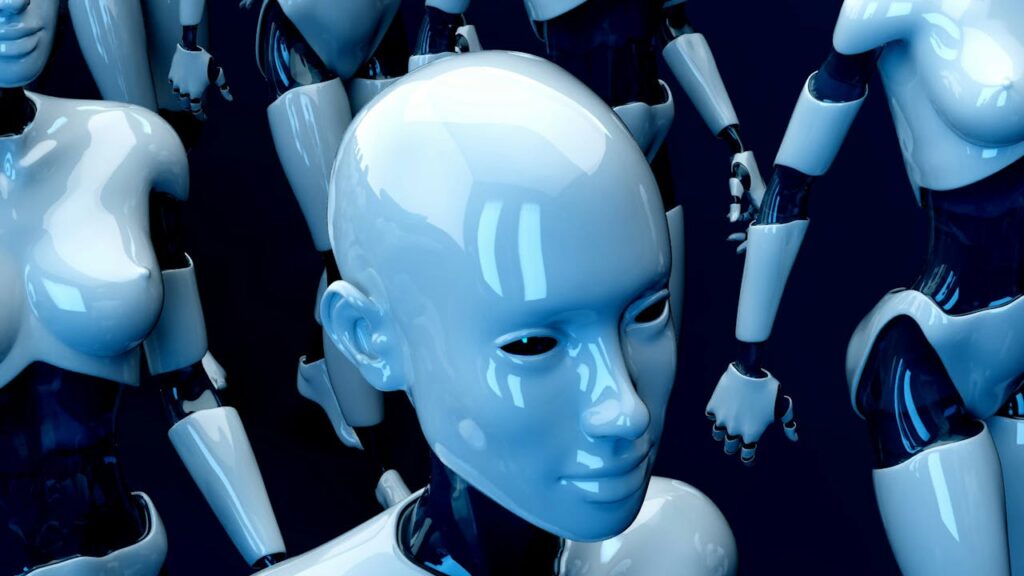[ad_1]
In this week’s episode of The Drum Podcast, AI experts ponder how scared marketers should be of a world where the recipient of marketing messages is no longer human.
AI theorists sometimes divide the technological revolution we’re currently experiencing into three phases. First came predictive AI, which could forecast based on pattern recognition. Then came generative AI, which capitalized on AI models’ vastly improved ability to create detailed and comprehensive outputs to allow users to outsource their email writing and birthday card designs to their now ubiquitous computerized helper.
Then, third, comes ‘agentic AI,’ which goes beyond prediction and generation to something that looks a lot more like action. Action, that is, with some degree of autonomy: while generative AI is characterized by a prompt-response relationship, the vision for agentic AI is of a helper that’s proactive, built into users’ (or businesses’) wider worlds and able to do things on our behalf. So, not just drafting an email to your boss asking for a sabbatical, but booking the flights and arranging the doggy-daycare.
We find ourselves at the start of that third wave. Plenty of prototypes for AI assistants have developed using existing AI technology, to mixed results and with mixed accuracy. But if the rapid onset of the ‘generative’ phase teaches us anything, it’s that this next level could arrive quickly – and catch some off-guard.
Speaking of off-guard, it’s easy to imagine doomsday scenarios for marketing in the agentic AI future. If we all hand over our holiday-booking agency to a friendly robot, for example, the entire digital ‘path-to-purchase’ is changed completely. No longer are PPC ads on Google vying for the attention of eyeballs on a results page; they’re hoping to be deemed the best route to follow by the robots’ algorithms. The implications of that could be enormous: for a start, digital marketing would be untethered from advertising’s oldest and most essential rule – that it’s all about playing on our emotions.
Are those doomsday scenarios overblown? Or are smart AI thinkers in the marketing world already reshuffling their thinking for a coming paradigm shift? And, in the meantime, which players in the new but already richly varied ecosystem of generative AI are setting themselves up to own that agentic future? We sat down with two leading AI experts in the ad biz to find out: Lindsay Hong of AI creative effectiveness platform SmartAssets and Jack Smyth, chief solutions officer for AI, planning & insights at agency Jellyfish.
For more earworms, head over to The Drum’s podcasts hub.
[ad_2]
Source link


